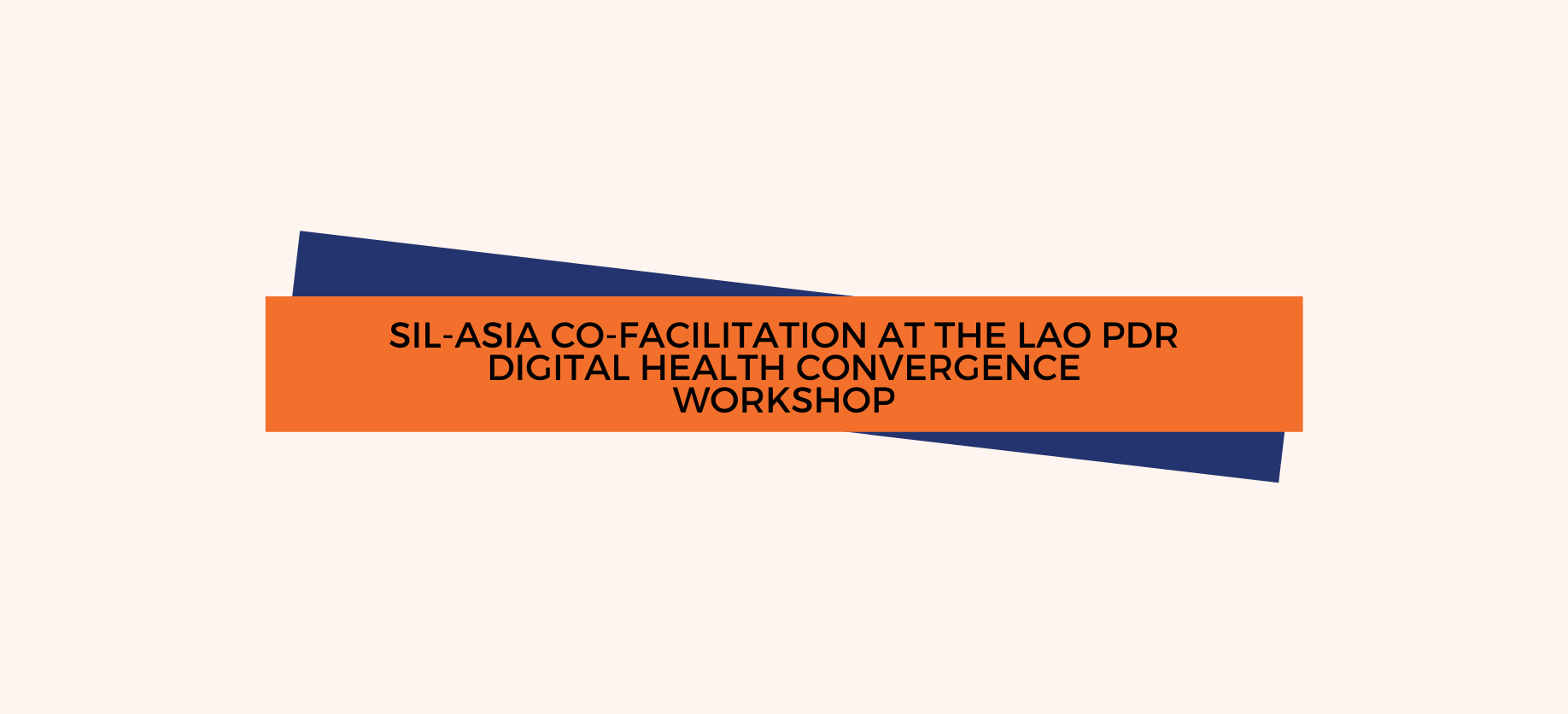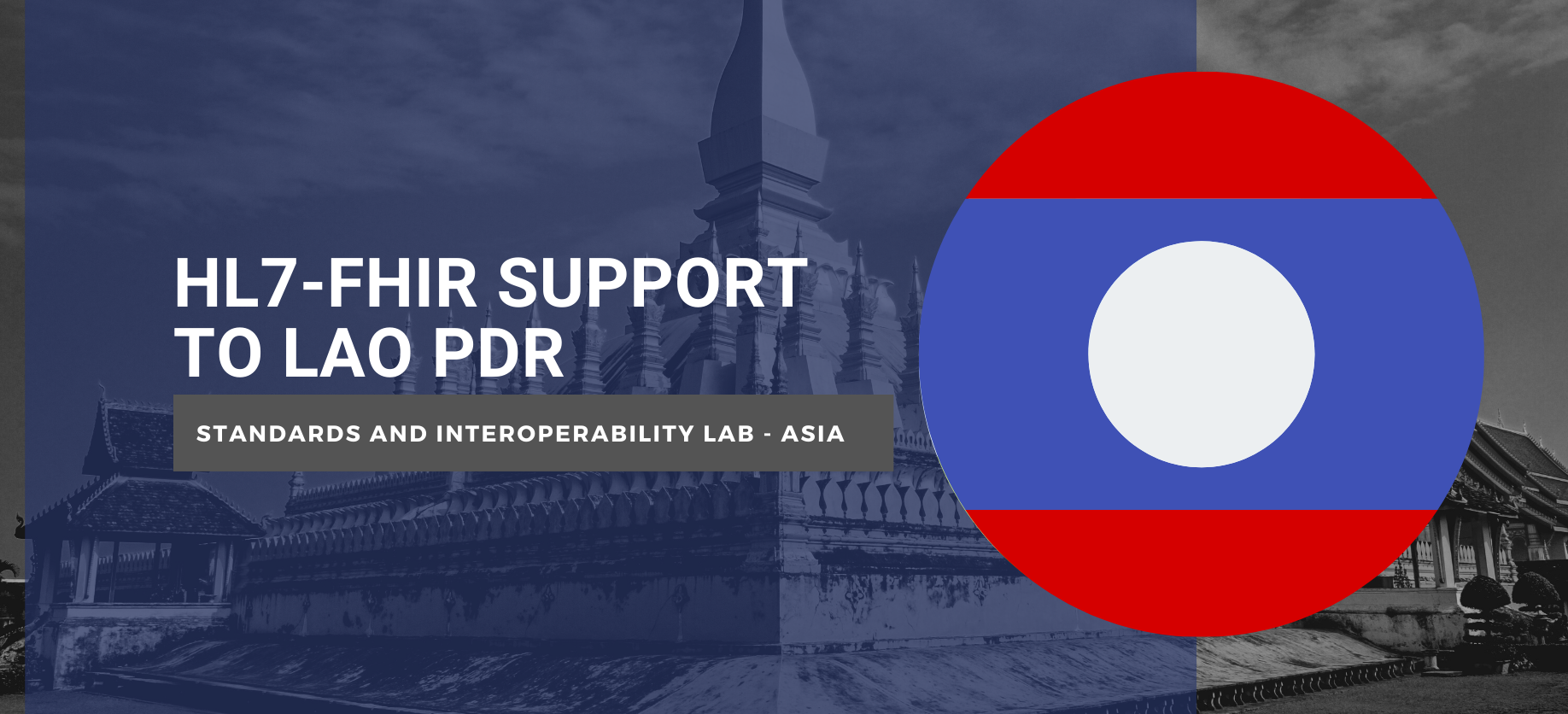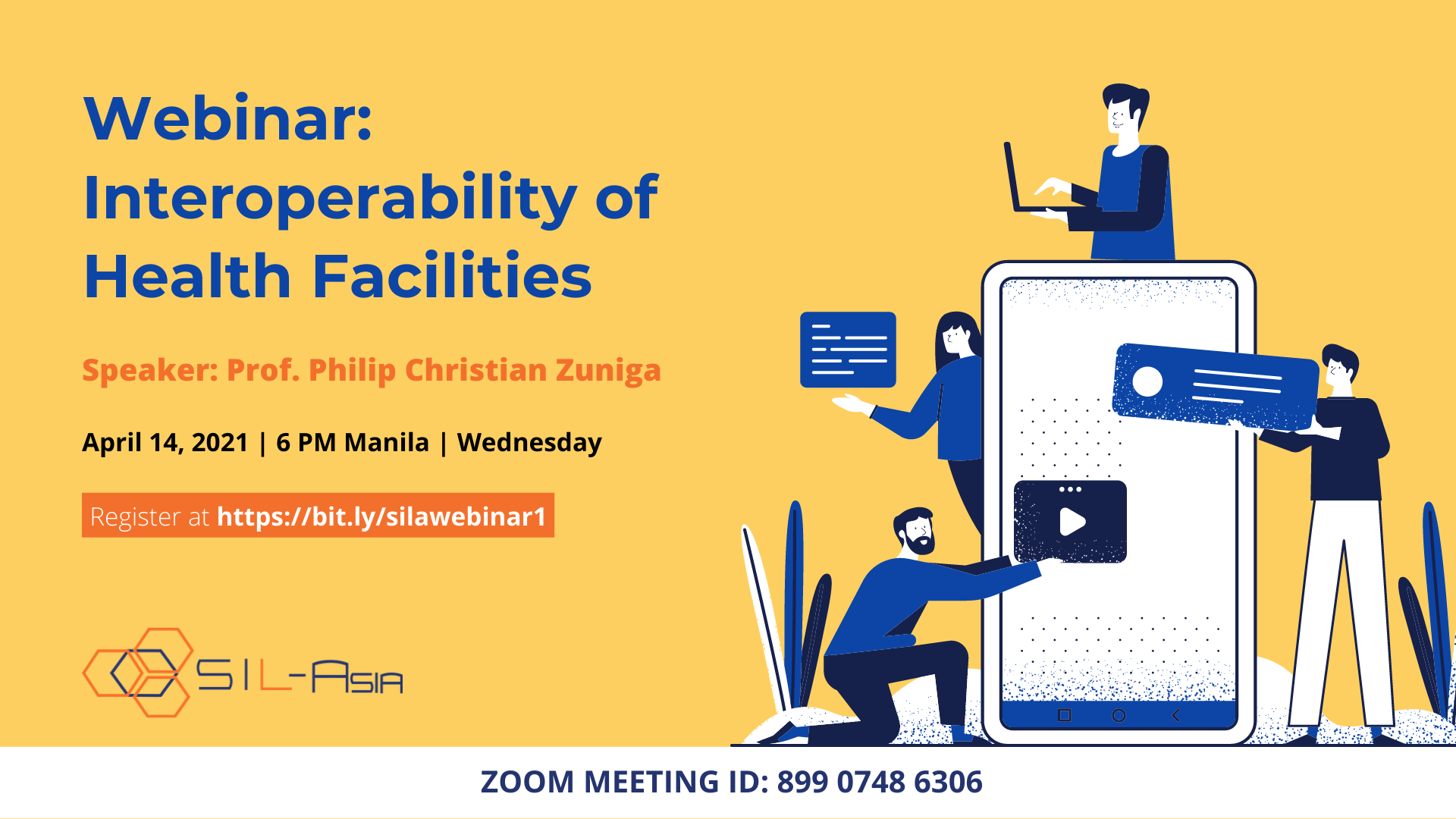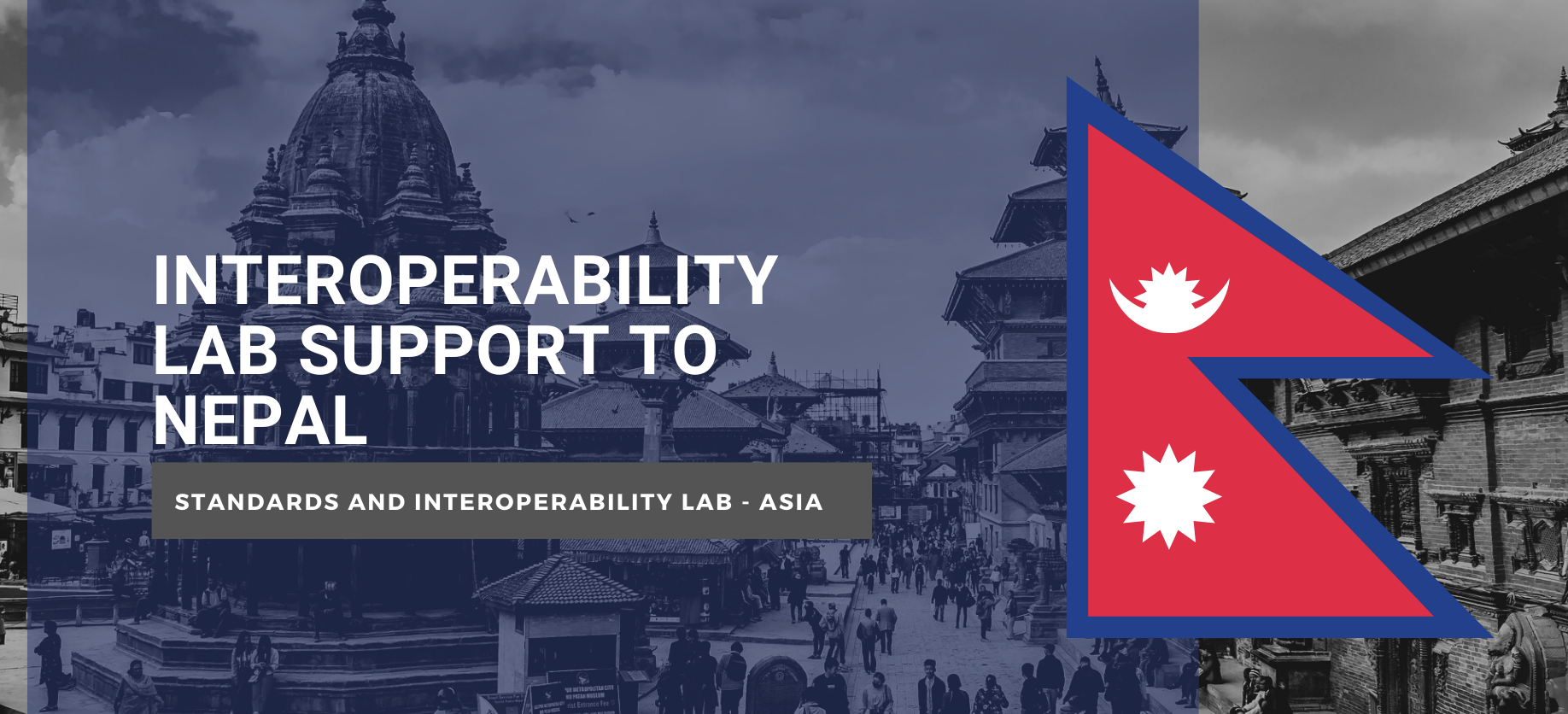VIRTUAL – The Standards and Interoperability Lab – Asia (SIL-Asia) provided support to the strategy session on standards and interoperability at the Lao PDR Digital Health Convergence Workshop on March 30, 2021.
Based on the official workshop concept note, the workshop was organized to support the development of a digital health architecture blueprint and a digital health strategy for the Lao PDR health sector.
SIL-Asia Clinical Lead and Terminology Services Expert, Dr Raymond Sarmiento co-facilitated the strategy session with Dr Boonchai Kijsanayotin, Chair of the Asia eHealth Information Network, and Dr Thepphoutone Sorsavanh, Head of Health Information Division, Department of Planning and Cooperation, Ministry of Health Lao PDR.
The session facilitated a quick assets review to determine the lists or registries that required standardization in the health sector of Lao PDR. The session also identified and prioritized the health data standards needed to achieve health information systems interoperability.
Among the prioritized standards by the participants are the national citizen ID, Health Level Seven International – Fast Healthcare Interoperability Resources (HL7-FHIR), and registries such as the International Classification of Diseases (ICD), medical terminology, and health facility registries. Lastly, the strategy session also facilitated the planning of action items for national health data standards implementation.
The strategy session on standards and interoperability is part of the workshop design based on AeHIN’s Mind the GAPS (Governance, Architecture, Program Management, and Standards & Interoperability) framework. The workshop is organized by the Department of Planning and Cooperation, Ministry of Health Lao PDR with support from the Asian Development Bank.
The concept for the Standards and Interoperability Lab – Asia was first conceived at the Regional Interoperability Workshop organized by AeHIN in Manila last August 2015 at the sidelines of the Global Health Research Forum. The regional lab was designed to serve as a template of labs in each country that will later form into the Community of Interoperability Labs (COIL).






